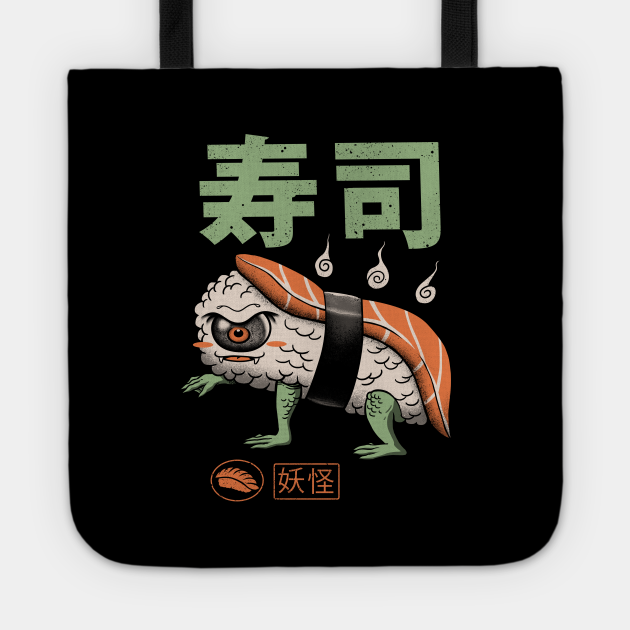
Perhaps, it is well known as a part of Japanese desu form.
#TOTEMO YOKUNAI HOW TO#
To understand how to use it, please take a look at the example sentence below.Įxample #1: how to say “you are” in JapaneseĪnata wa gakusei desu ka – あなたは学生ですか (あなたはがくせいですか) Are you a student?īelow are new words used in the example sentence. Yet, it is still understandable and in use. I’ve explained the two reasons why “anata wa” sounds weird to Japanese native speakers. So, Japanese native speakers are not much familiar with its usage as a pronoun. Honestly, this usage is much more common than the other one. It can be used by a wife to call her husband. So far, I’ve explained “anata” as a pronoun. Reason #2: it is not familiar to native speakers This is the first reason the phrase sounds weird.

So, “anata wa” that Japanese learners use in the same way as they use “you are” sounds very strong to Japanese native speakers.

Honestly, it sounds much stronger than the English pronoun, “you”. So, when they are used together, “anata” can work as the subject word.įrom these two facts, we can understand that “anata” in the phrase, “anata wa”, sounds strong. “Anata” is a pronoun meaning ‘you’ in Japanese. So, when they use it intentionally in a sentence, it sounds strong. Japanese native speakers quite often omit the subject word in a sentence. In my opinion, there are two reasons it sounds weird to native speakers. Then, let’s take a look at the reasons it can sound weird to Japanese native speakers. Its role highly depends on the situation and context, but it can work like an English be verb.įrom these two components, we can understand that the phrase, “anata wa”, literally means ‘you are’ in Japanese. Sometimes it works as a case marker and sometimes it works as a topic marker. This is a pronunciation rule in the Japanese language. When it is used as a particle, however, it is pronounced “wa” instead. This hiragana character itself corresponds to the “ha” sound. wa – は : a binding particle working as a case marker or topic marker.I will explain this point after the other component. Yet, this pronoun plays a significant role in making the phrase weird. Its grammatical definition and meaning are very, very simple and clear. anata – あなた : a pronoun meaning ‘you’ in Japanese.To understand this phrase more clearly, however, let me explain its components in detail, one by one. Its definition and meanings are simple and clear, I think.

It could also be used like “and you?” with the pitch raised.



 0 kommentar(er)
0 kommentar(er)
